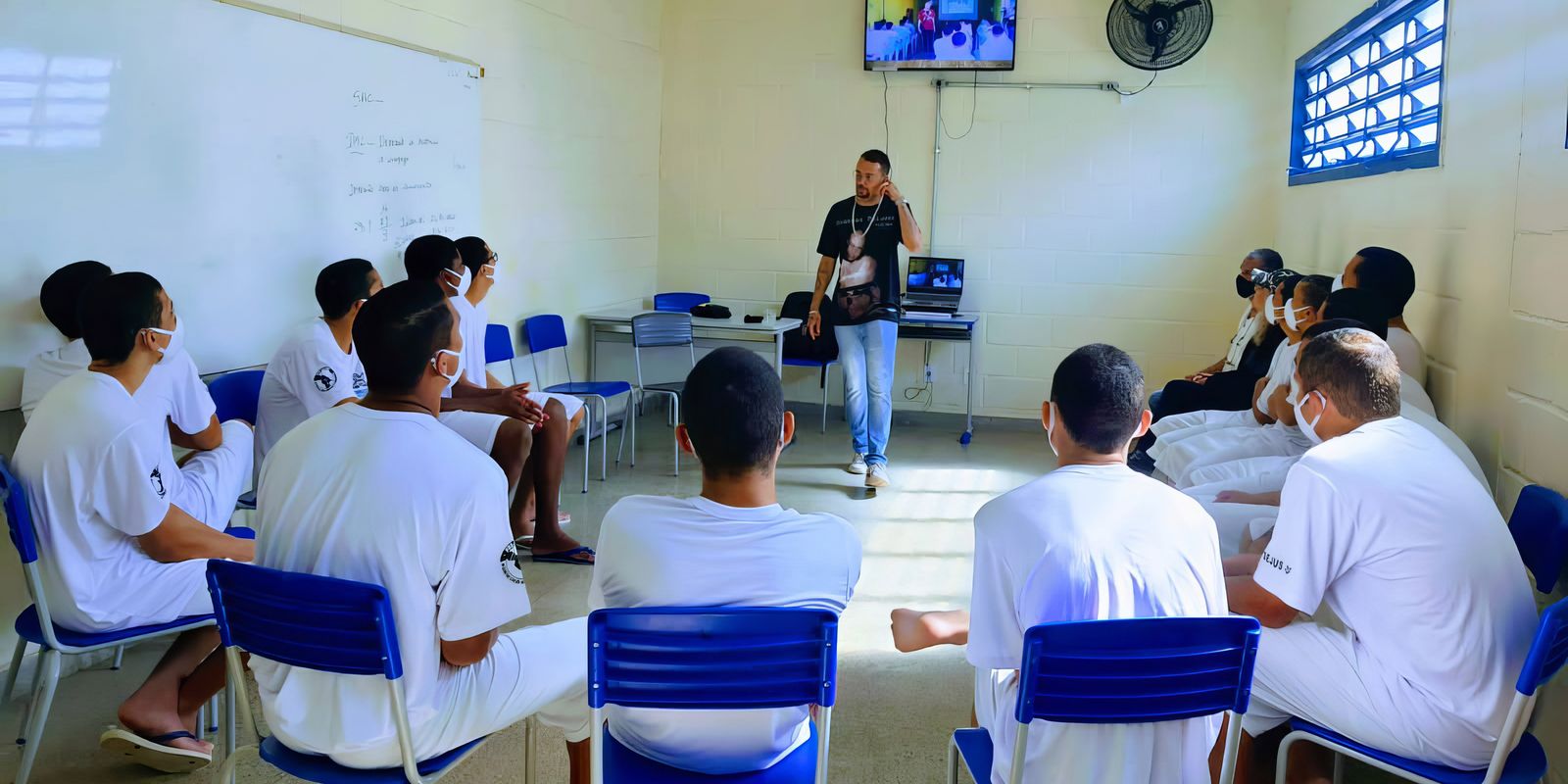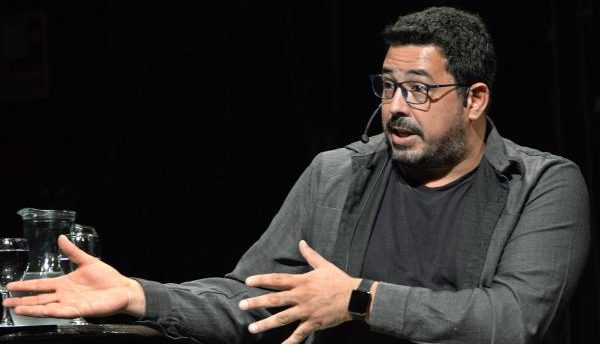A new digital tool which the National Council of Justice (CNJ) made available on the internet, this Tuesday (14), highlights data on the reality of the Brazilian system of assistance to adolescents who comply with socio-educational measures by court decision.
The new panel contains information collected during inspections that magistrates periodically carry out in resocialization units. According to available data, relating to 427 detention establishments inspected in the months of September and October 2024, there were, across the country, at the time, 10,423 adolescents complying with socio-educational measures.
Of this total, 34% of these boys and girls were 17 years old. The vast majority (9,976) of males declare themselves mixed race (55%), followed by blacks (19%) and whites (25%). At least 37 have children, 27 have some physical disability and 1,134 have been diagnosed with some type of mental disorder.
Of every ten inpatient units, four (39%) guaranteed more than 20 hours of study per week, while 37.1% offered between 16 hours and 20 hours per week. At least 406 units had social workers among their employees, and 403 had psychologists. The total number of socio-educational agents identified reached 18,127 people and the National Socio-Educational Service System (Sinase), as a whole, had the capacity to assist up to 18,406 young people who committed infractions.
Responsible for, among other things, promoting control and transparency over the actions of the Judiciary in Brazil, the CNJ ensures that the Socio-Educational Inspection Panel will facilitate interested parties’ access to information about Sinase. The body itself recognizes that the data collected during inspections had been updated with little regularity, making it difficult for them to be used to improve public policies and research.
The initiative also meets recommendations from the Inter-American Commission on Human Rights (IACHR) and the United Nations (UN), which highlight the importance of regularly collecting information about the socio-educational system in order to ensure that the State guarantees compliance with rights of teenagers.
THE Child and Adolescent Statute (ECA)for example, establishes that adolescents with a mental illness or disorder must receive individual and specialized treatment, in a location appropriate to their conditions. And that, whenever possible, the Judiciary must choose to apply measures in an open environment, such as providing community service and assisted freedom, to the detriment of restrictions on freedom, with hospitalization in an exclusive unit for adolescents applicable only in cases provided for by law for an infraction committed through serious threat or violence to a person; repetition of other serious infractions and/or repeated and unjustifiable non-compliance with the measure previously imposed.
The CNJ panel will allow interested parties to consult data by federative unit and on topics such as deaths, suicides, as well as the structure of hospitalization and/or provisional hospitalization units and the profile of professionals who work at Sinase. There is also information about the LGBTQIA+ population, in addition to detailed monitoring of the inspections carried out.
According to the CNJ, the tool will replace the National Registry of Inspections in Socio-Educational Units and Programs (Cniups), created in 2022, to allow judges to record the findings of inspections of units.















